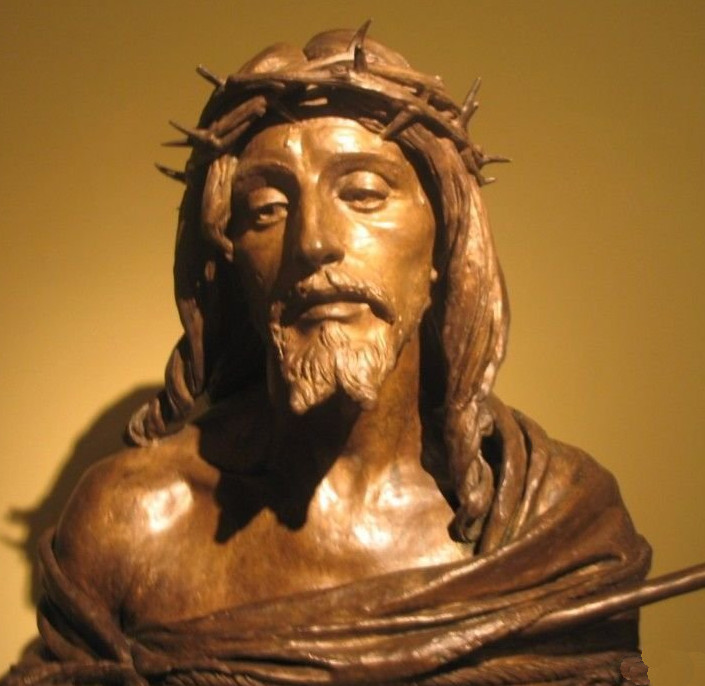Text:
Hebrews 1 1-3 Going through a long line of prophets, God has been addressing our ancestors in different ways for centuries. Recently he spoke to us directly through his Son. By his Son, God created the world in the beginning, and it will all belong to the Son at the end. This Son perfectly mirrors God, and is stamped with God’s nature. He holds everything together by what he says—powerful words!
3-6 After he finished the sacrifice for sins, the Son took his honored place high in the heavens right alongside God, far higher than any angel in rank and rule. Did God ever say to an angel, “You’re my Son; today I celebrate you” or “I’m his Father, he’s my Son”? When he presents his honored Son to the world, he says, “All angels must worship him.”
Meditation:
There are four powerful Christologies in the New Testament: John 1:1-5; Philippians 2:5-11; Colossians 1:9-20; and our text, Hebrews 1:1-4. In each case, the writers tell us something about who Jesus is in a way that is pertinent to their respective writing and audience. John wrote in high theological terms about Jesus as pre-existent to Creation and eternal word. Paul wrote in Philippians and Colossians about Jesus as obedient Son, humble servant, the image of the Father, and head of the church. The Hebrew writer set out to show the superiority of the Son over the angels or anything else in the creation or the heavenlies.
These Christologies are helpful reminders of what our purported allegiance to Jesus means and demands in light of who Jesus is, coupled with the way he expects his followers to live their lives. When push comes to shove, Western “discipleship” often bears little resemblance to what the New Testament tells us about the One we claim to follow. Here are a few of the descriptors of Jesus.
- Jesus is the opposite of darkness. He sheds light on this dark world.
- Jesus sacrificed every benefit of being in the heavenlies with God. He completely humbled and emptied himself on behalf of others.
- Jesus was obedient to God, even when it meant going to the cross to die the cruelest form of execution.
- Jesus is the divine glue that holds the universe together.
- Jesus is the means by which the creation is being reconciled to God.
- Jesus is the reflection of God’s glory and the imprint of God’s nature.
When Jesus said, “Take up your cross and follow me,” he was serious. Following Jesus leads, at first, to a cross. To death of self. To renunciation of human appetite when it conflicts with the character of God. To trust God implicitly.
The four New Testament Christologies are a wake-up call to people who have been lulled into a sleepy haze when it comes to their allegiance to Jesus. Measure your current spiritual choices against what the Christologies have to say about how Jesus embodied the mind and will of God. It may change the way you think about your life in Christ.
Prayer:
Eternal Father, who took up the form of Jesus in order to rescue us from death and demonstrate your great love for us. May we not grow forgetful and indolent in our commitment to you. Help us to not rationalize and otherwise lower the bar on our service to and love of you. In Jesus’ name I pray this. Amen.

